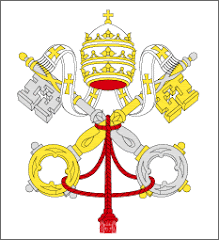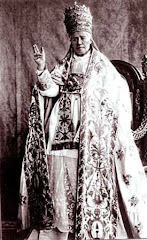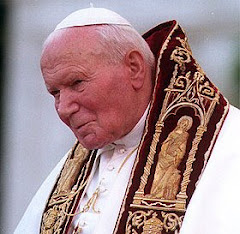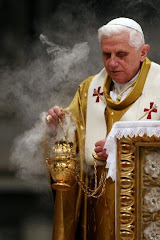“The libido of the individual becomes the only possible point of reference of sex. No longer having an objective reason to justify it, sex seeks the subjective reason in the gratification of the desire, in the most ‘satisfying’ answer for the individual, to the instincts no longer subject to rational restraints. Everyone is free to give to his personal libido the content considered suitable for himself” (Ratzinger, 85).
These words of Pope Benedict from his book The Ratzinger Report constitute his analysis of the implications of the modern mentality on human sexuality, which is at the core of the debate over homosexuality today – a mentality in which the objective reason for the sexual act is no longer rooted in the absolute for which it was created, that is, unity and procreation. Rather it is reduced to an act that is perceived and touted as one that is the least absolute in all of nature, thus losing a sense of intelligibility about the act. And if this act, which in reality represents man as an image of God in nearly its fullest sense, is without intelligibility, then man loses intelligibility.
The defense of homosexuality represents an implicit denial of the intelligibility of man in that it makes the false assumption that there is nothing in the nature of man that should convince him that certain acts betray his nature. Stemming from an exaggerated personalist philosophy, the rupture between sexuality and procreation naturally leads to a rejection of objectivity in the sexual act and devolution into pure subjectivism where sexual gratification becomes the greatest good. Without intelligibility, there can be no guiding principle to act according to man’s nature, thus making it perfectly acceptable to use the body in any way one desires. If this is truly the case, then there is no basis for laws against pedophilia, rape, incest, etc. If there is no natural law guiding that which is most fundamental to the existence of man, that is, the sexual union between a husband and wife, then one would be hard-pressed to make a case for the existence of natural law at all with regard to man. This leads to a rejection of the entire concept of natural law, and thus, the nature of man. In other words, man has neither nature nor intelligibility. If man has no nature, then man is not man. If man has no nature, then man is nothing, for all existing things have a nature. If man has no intelligibility, then he is created by an unintelligible god, which is no god at all. Therefore, the defense of homosexuality is not only the implicit denial of man’s intelligibility, but also the denial of an existing man and an existing God.
11 years ago




















